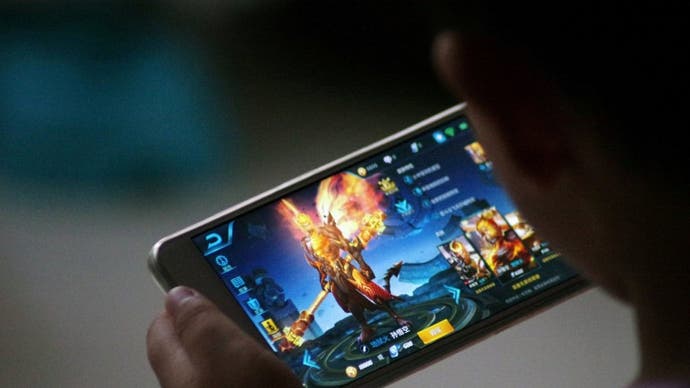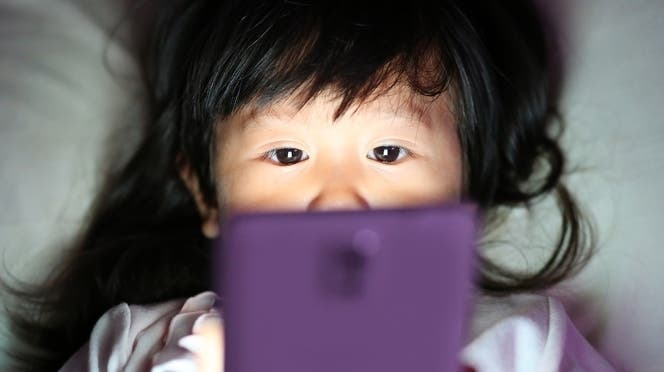China imposes online gaming curfews for kids to "prevent addiction"
Enforced with a government database.
I used to think my parents were strict with gaming - that is, until I saw the new restrictions from the Chinese government, which place significant limits on the amount of time kids can spend in online games.
The South China Morning Post reports that new anti-addiction measures have been outlined by The State Administration of Press and Publications (China's gaming regulator), including limits on spending and playtime in online games. Those under the age of 18 will now be limited to one and a half hours of play per day (except on holidays, when they can play for three hours), which must take place between the hours of 8am and 10pm. Spending is being limited, too, with kids no longer allowed to spend more than RMB400 (£44.69) on in-game purchases per month, and players under eight restricted from purchasing anything at all.
And, of course, those too young to play the game under the age rating system will be blocked from access. As China currently has no formal age rating system, it's still unclear whether the system used will be the same as the one adopted by Tencent (grouped into ages 6+, 12+, 16+ or 18+), but a brief by analyst firm Niko Partners adds this one is "the most robust age rating system in China to date" (via GamesIndustry.biz).
How is this being enforced? Real-name registration systems have been used in PC games since 2007, but last year Tencent introduced an upgraded version backed up by a police database to verify age - and it's this form of system that will be expanded across all games. This database will also be updated to prevent children creating fake IDs to get around the restrictions.
Publishers will also have to work with parents, schools and other groups to ensure they are complying with the new regulations.
Gaming analyst Daniel Ahmad told the Post that the new changes were in line with expectations, given many of these rules have already applied to PC games since 2007, and are now being extended to mobile titles. It's not much of a surprise given China has steadily been increasing its restrictions on children's gaming time: last year, president Xi Jinping promoted further restrictions in order to protect children's eyes, while games containing blood, poker or imperial history will no longer be approved.
While you might think these regulations would have an adverse effect on game publishers in China, Niko Partners predicts it "[does] not expect them to have a material impact on game publisher earnings and growth". This is because children account for a low percentage of spenders, while similar regulations in the past have had no impact. Something publishers should be more wary of, apparently, is the new approvals system - which is now far more restrictive in terms of the quantity of games getting through.

In other China-related gaming news, Blizzard has recently been accused of prioritising its Chinese business interests over freedom of speech by suspending Hearthstone player Chung "Blitzchung" Ng Wai for expressing pro-Hong Kong views. Although the company (somewhat) apologised for its handling of the issue, Blizzard subsequently announced it will not repeal the bans.
If you're interested in learning more about the attitudes surrounding gaming in China, Chris Tapsell recently published an in-depth piece about his experiences in the country, which is well worth a read.

